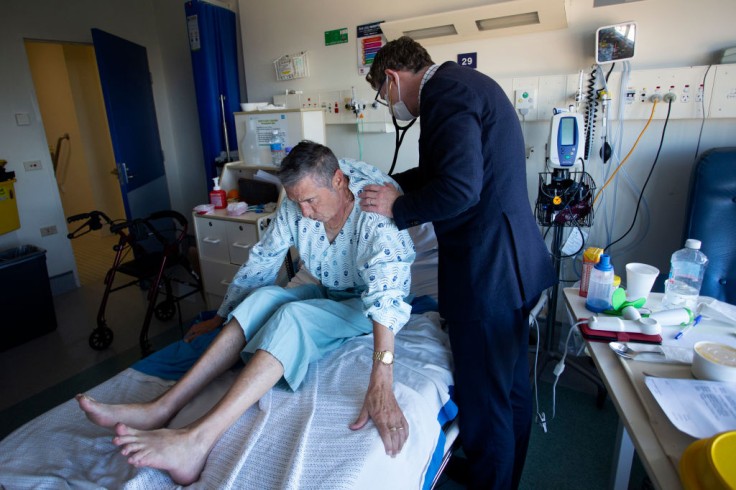
Some COVID-19 patients continue to experience long COVID or symptoms that still debilitate their ability to do activities months after they've had the infection. Studies have shown that nearly 60 percent of the patients suffer from the symptoms for six months, even if they've had a mild infection.
The science community has been baffled as to why long covid occurs, but a new study, published in the journal Cell on Monday, January 24, may finally give answers. Another study, published in the journal Nature Communications, found a particular antibody signature linked to the symptoms of long COVID.
Four Signs That May Make Patients Prone to Long COVID
Consistent with other theories, the researchers looked into 20 of the most reported symptoms of long COVID, such as shortness of breath, fatigue, and brain fog. They've identified that 95 percent of patients with at least three or more symptoms have four risk factors.
These are the RNA level or viral load in the blood during the diagnosis, the level of autoantibodies that attack the virus as well as the patient's body, the reactivation of a virus that most people have had and recovered from at a very young age called the Epstein-Barr virus, and Type 2 diabetes.
Jim Heath, the study's co-author from the Institute for Systems Biology, told the New York Times that their findings would help healthcare workers figure out the best treatment for every patient based on these four signs. Dr. Steven Deeks of the University of California, San Francisco, who was not part of the study, agreed with Heath and said each factor is actionable. Once confirmed in the diagnosis, clinicians could develop interventions to prevent patients from suffering long COVID.
However, more research is still needed to determine other specific criteria. Some experts said that a long COVID patient could have a disadvantage from the onset because of their health history. They might have asthma; their body could react differently to the virus or trigger a different immune response.
Two Kinds of Antibodies
Meanwhile, the second study showed that COVID-19 patients develop two kinds of antibodies, called IgM and IgG, circulating through their blood after the infection. The IgM antibody increases faster to fight the infection, while IgM increases much later in the illness so that the body could have long-term immunity.
But samples collected from 175 people who've had the infection showed that those who suffer from long COVID had lower IgM antibodies from the start of their infection. Six months or a year later, their IgG levels were also low compared to the patients who did not have long COVID. The patients linked to low IgM and IgG have asthma and were older, making them high risk from the start.
The experts said that it would help doctors identify the immunoglobulin signature in the patients to determine if they are at risk. This means, however, that the risks may only be known if they are already sick and not before they get the infection. However, study author Dr. Carlo Cervia said that people who have asthma could assume that they could have long COVID; thus, they can apply prevention methods like vaccination to protect themselves.